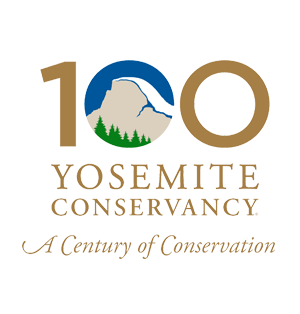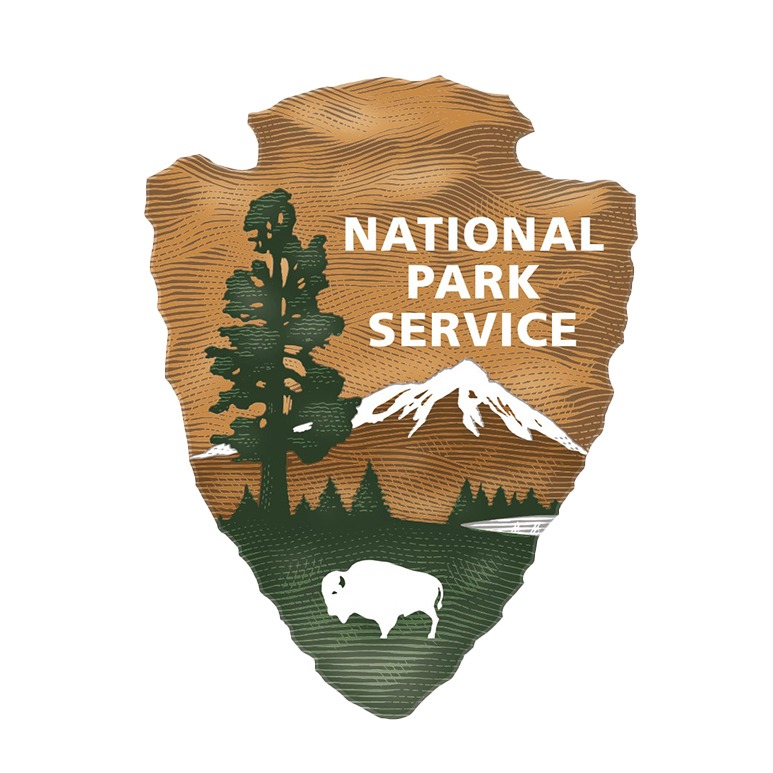*This is a 2024 archived project, view this year’s projects here.
Project overview: Expand the Yosemite Pollinator Hotshot program, which is providing the first inventory of alpine bee pollinators in the Sierra Nevada and enabling collection of citizen science data to prioritize protection of threatened ecosystems.
How your support helps: Pollinators are a critical part of our ecosystems. Yet populations of bees and butterflies are rapidly declining. Without them, plant diversity could plummet, and ecosystems could destabilize. Scientists want to understand what’s driving the decline, but they need more data.
The National Park Service’s Inventory and Monitoring Program is collaborating with researchers at Colorado State University to develop protocols that will leverage citizen science data to meet this need. Participants document the distribution and abundance of pollinators and plants, net collecting and photographing insects before releasing them back to the wild. Photographs are then uploaded to iNaturalist for crowd-sourced identification.
In 2023, the Pollinator Hotshot program included a comprehensive inventory of bees, the most functionally important pollinators, targeting alpine species, which are the least studied and most vulnerable to climate change. The program will build a DNA barcoding reference library to monitor bees into the future with minimal impact and effort. This will allow future researchers and citizen scientists to identify important pollinators simply by collecting flowers to detect environmental DNA (eDNA) bee “footprints” and comparing eDNA barcodes to those in the reference library.
This year: This year, with your support, we’ll continue the work of inventorying pollinators and begin scaling and expanding the program to identify climate change refugia for alpine plants and pollinators, which will allow park managers to prioritize protection of areas critical for the persistence of threatened alpine ecosystems.
Project partners: Yosemite National Park; Colorado State University; University of Wisconsin; and University of California, Merced

